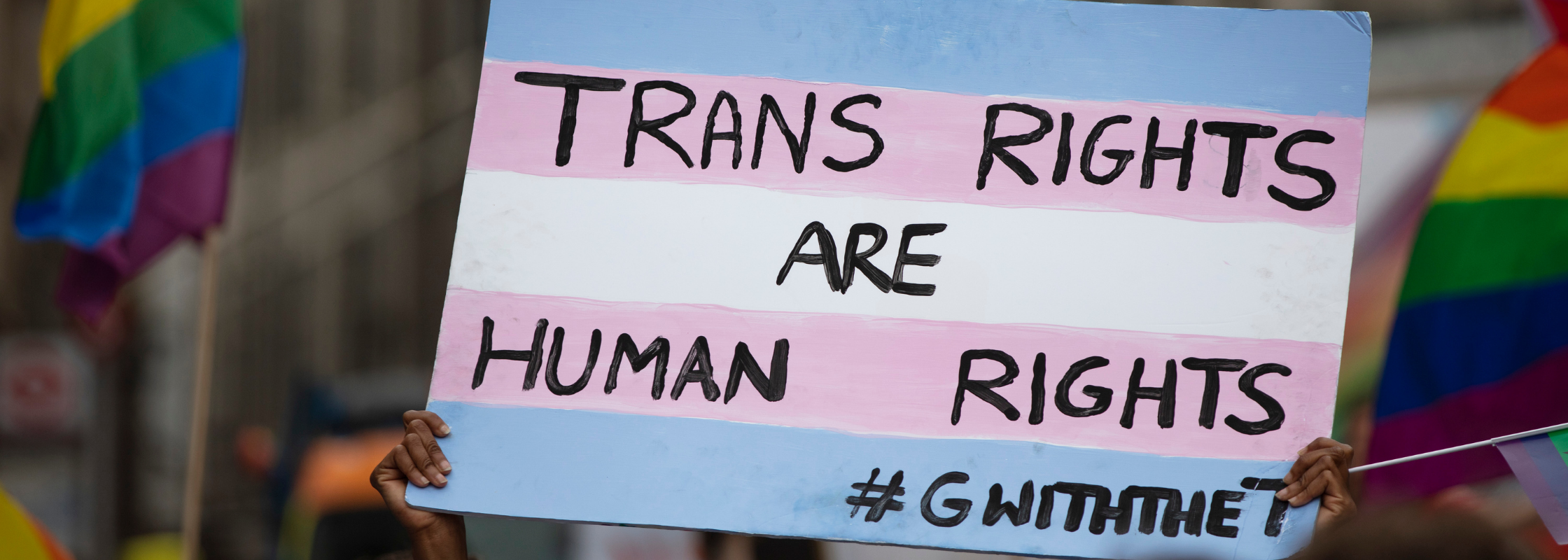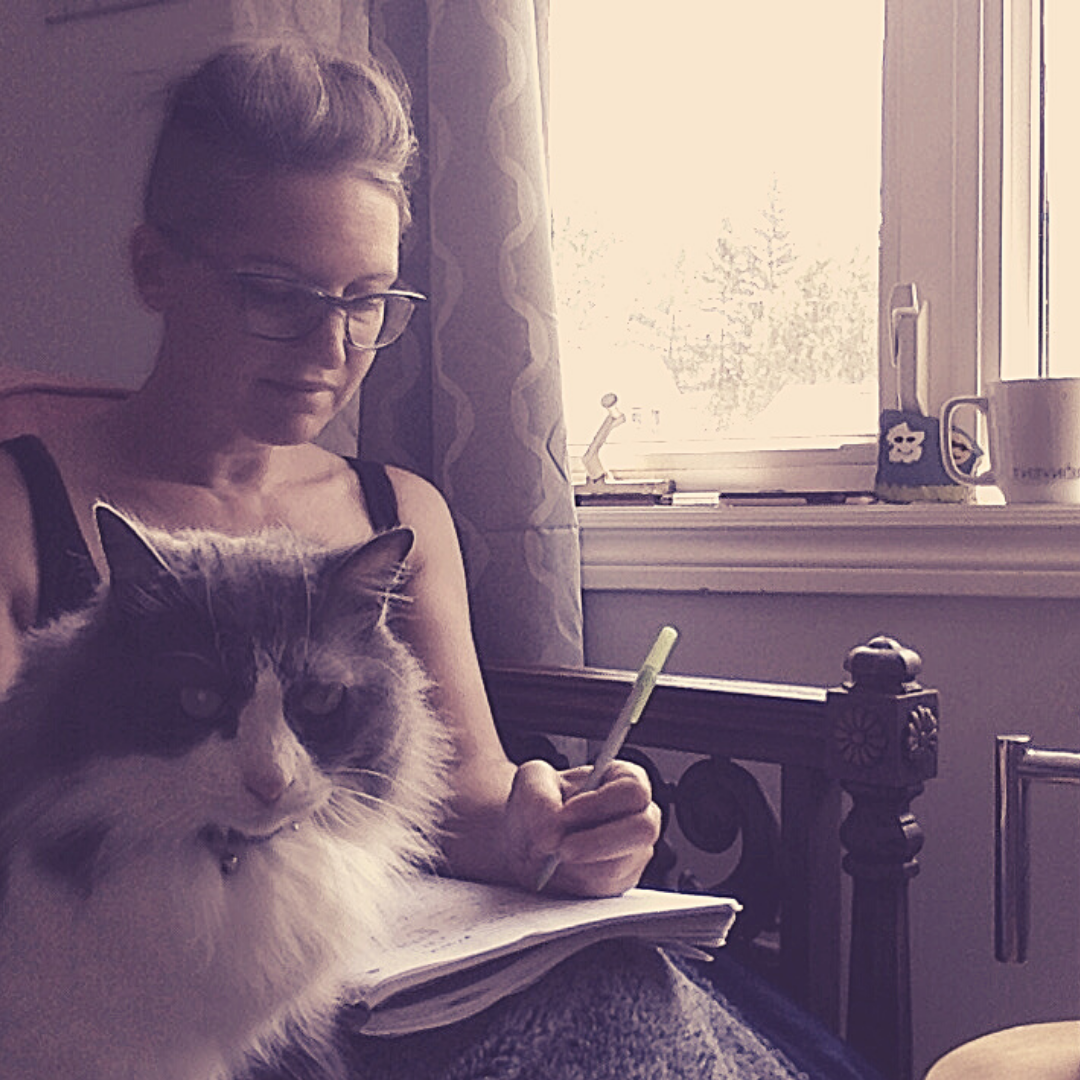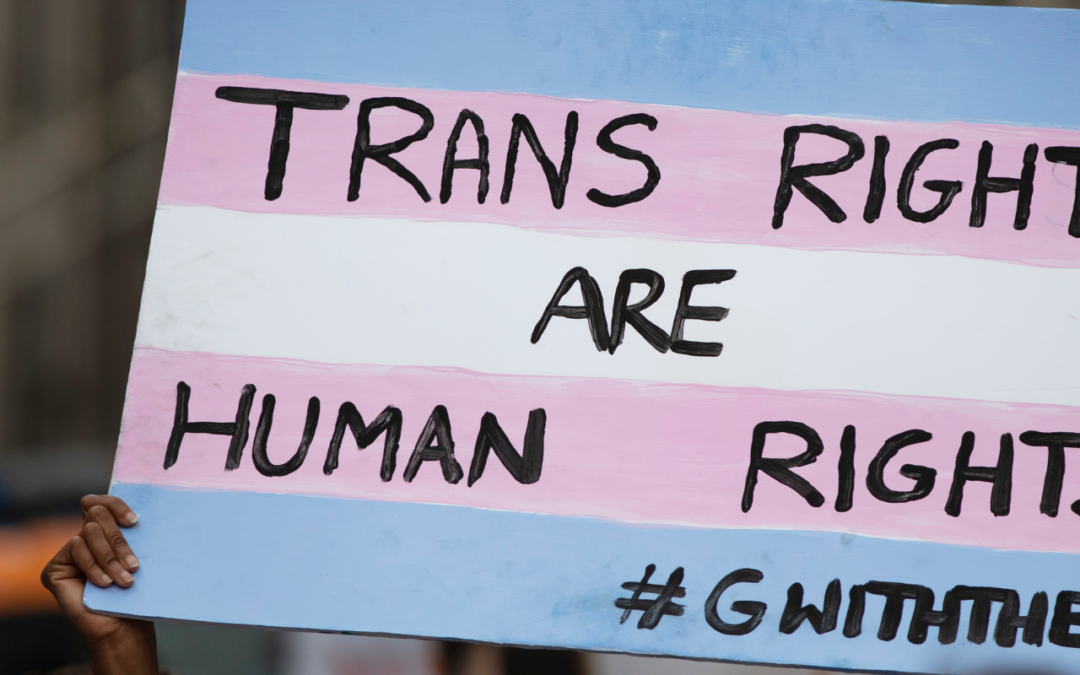Waaaay back in the mid 1990s, I studied linguistics. Contrary to popular belief, it is not the practice of learning a lot of languages but rather the scientific study of language and its structure. I did however, have to learn how to produce and document every sound in every language around the world. Hands up if you can produce a glottal stop.
While studying, it soon became very clear that while the structure of language follows rules, it can still be quite fluid. I like that. I actually think it’s a good description of me.
Recently I have been immersed in thinking about the language of gender. It’s certainly not new. But it’s become more personal. My youngest child has come out as trans. He has new pronouns and a new name, and I don’t think I could love him anymore.

In honour of him and International Transgender Day of Visibility, I thought I would write a blog post about language. When I started to write this post, I did a bunch of research around the importance of inclusive language: not assuming gender, asking for and using correct pronouns & the impact it has on individuals when their identity is not recognized, or respected. And do you know what I realized? I am not the right person to write this. I am not an expert, nor do I have a first-hand experience of what it is like to be trans.
Instead, let me direct you to some people who really are experts in this field.
Ivan Coyote’s story-telling ability brings me to my knees as they take me through every emotion I’ve ever had until I’m weeping in joy and anger and heartbreak. If you are new to learning and understanding about the experiences of trans people, I highly encourage you to read Ivan’s latest book “Care Of”
Another brilliant author that I’ve been following on Twitter lately is Amanda Jetté Knox. Amanda is a non-binary author, human rights advocate & a mother & partner to trans loved ones. Needless to say, their words and actions come straight from the heart.
Jeffrey Marsh is a non-binary author and advocate who delivers tips on inclusive language, and how to be a good ally all wrapped up in an incredible amount of love and understanding. Give them a follow on Instagram.
Here are some general thoughts and tips to get you started.
- Inclusive language matters.
- If someone tells you their name and pronouns, use them.
- Ask. Don’t assume.
- The singular use of “they” is not ungrammatical and has been used this way for decades.
- When cis people (a person whose gender identity and sex assigned at birth are the same) provide their own pronouns, we allow others to freely give theirs and know that they are in a safe space.
- There’s a difference between making an honest mistake (misgendering, using wrong name) and willfully refusing to learn. I get it wrong. A lot. I’m not even 100% sure that I got this post right. But I’m learning and if anyone notices something wrong, I’ll make the change.
I am not an expert. I’m just a mom, who loves their kid and knows a bit about language.
Erica Richmond, she/her
PS: A rant about jokes.
When you make jokes about trans people, or refuse to address them properly, you dismiss their right to exist. This puts them in danger. Other people think that since they are not considered to be a real person, it’s okay to hurt them. Their mental health can also be damaged (imagine if there were constant jokes and outright dismissals at your right to exist). As a result, they are more likely to hurt themselves. Why on earth, would anyone want to put someone else’s life at risk for the sake of a joke?
PSS: Aside from general kindness & acceptance, there are currently laws in place and many more on the table that harm trans people. If we lived in Texas, I could be charged with child abuse just for loving & accepting & supporting my child for who they are. Please, whether read my post in full or not, educate yourself on what is happening right now. Ask questions. Shut people down when they are making fun of the transgender community. It’s not funny and it puts people’s lives at risk, including my child’s.
And here are some links to articles that I found when doing my research:
Looking for more writing inspiration? Sign up for Inspired Ink and receive writing tips, creative connections and real-life stories delivered straight to your inbox.

Erica Richmond, the founder of Open Sky Stories believes that words have the power to provide connection & healing. She lives in Peterborough, Canada with her two teens where they find adventures in everyday life. Erica has published two books: Pixie and the Bees and The Mail Art Stories Project: Mail Art in the Time of Covid-19. Follow Erica on Instagram for daily writing inspiration and real-life stories.


0 Comments